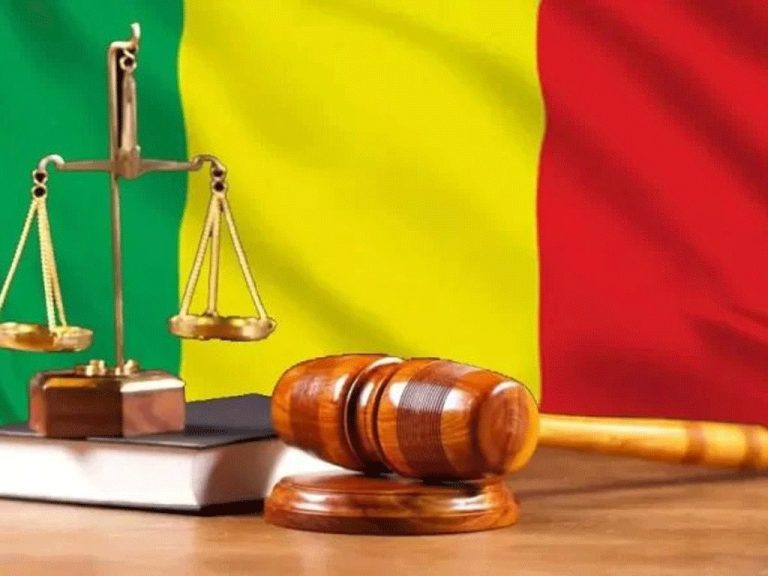Mali’s strict legal Framework for protecting public assets

Mali’s legal system takes a firm stance against offenses involving public property. The country’s penal code clearly defines and severely punishes crimes such as embezzlement, destruction of public assets, and corruption; whether committed by civil servants or private citizens.
Embezzlement of public funds, defined as the misappropriation or diversion of state resources entrusted to an individual by virtue of their position, carries particularly heavy penalties.
The law also criminalizes the destruction of public property, whether intentional or accidental, including damage to government buildings, service vehicles, or equipment.
Corruption and illicit enrichment provisions specifically target the abuse of public office for personal gain.
Mali: Transitional National Council approves landmark veterans’ support law
Penalties vary according to the severity of offenses, ranging from months to years of imprisonment; with life sentences in extreme cases alongside substantial fines.
Additional sanctions may include professional bans and loss of civil rights. Beyond punishment, Mali’s legal framework serves preventive and reparative functions, requiring offenders to compensate the state or local communities for damages.
This comprehensive system aims to deter misconduct, safeguard public resources, and promote accountable governance built on integrity.
Legal experts emphasize that these provisions apply universally, reinforcing that Mali’s public assets belong to and must be protected by all citizens.
Neil CAMARA






